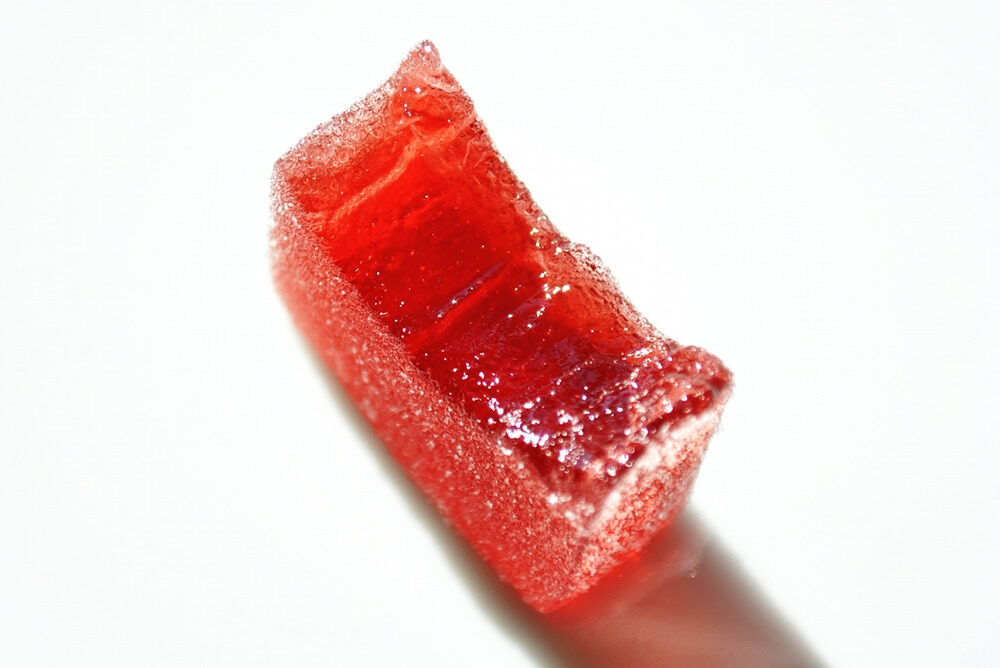Pectin vs Gelatin Gummies: A Comprehensive Comparison
Gummies are a favorite treat for many. Whether they're fruit-flavored sweets or vitamin supplements, gummies offer an enjoyable way to experience a sugar rush or consume nutrients.
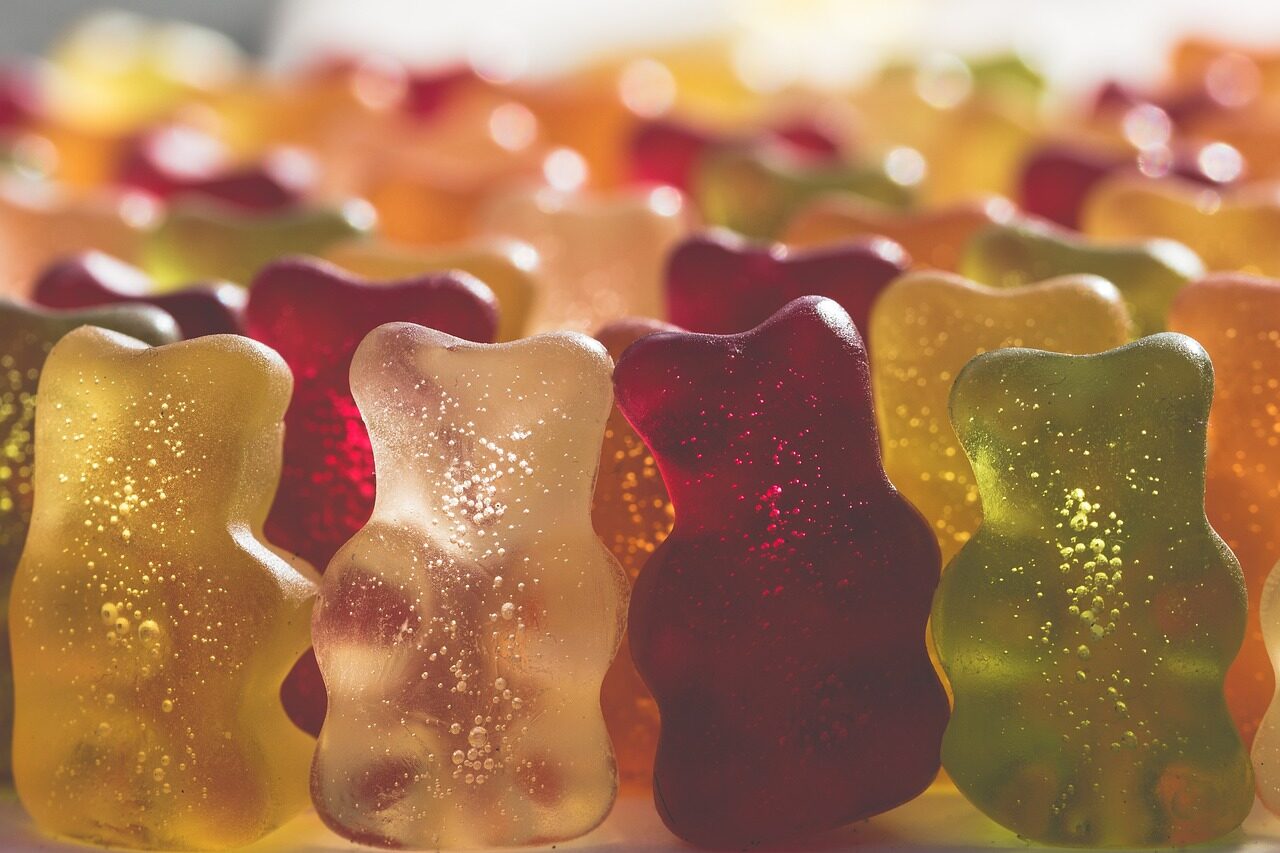
Based on a customer survey conducted by Cargill in October 2023 at SupplySide West, two types of gummies were the most preferred. They tested six types of gummies with 129 consumers. The results showed that half of the consumers preferred pectin gummies, while the other half liked gelatin ones.
But did you know the differences between pectin and gelatin gummies? This blog post will help you out. Also, if you're in the world of gummies, it will help you identify new opportunities to capture new customers.
What are Pectin Gummies?
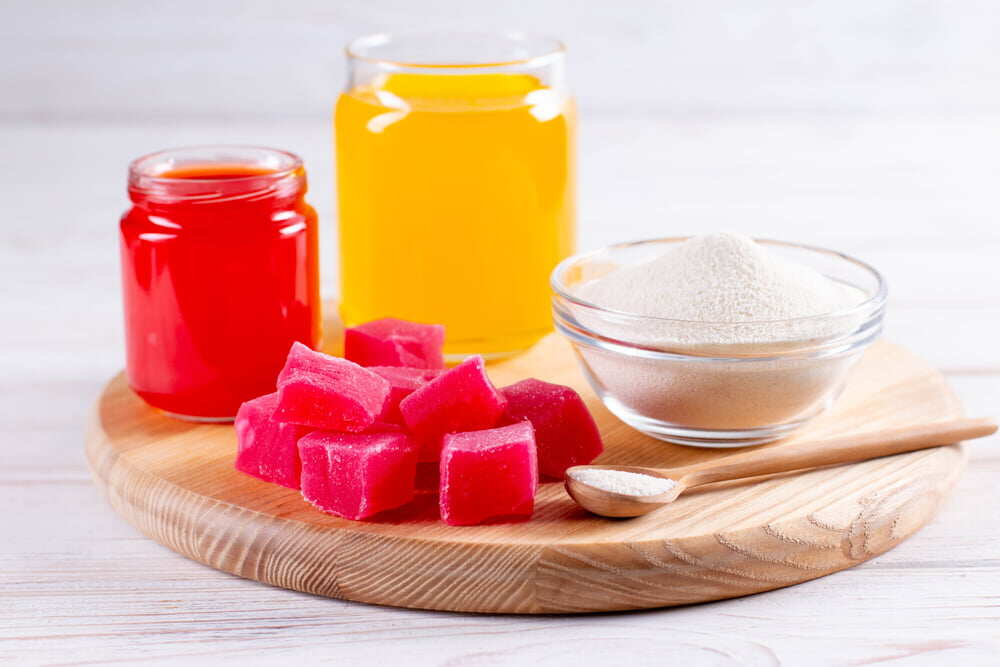
Pectin gummies are made using pectin. Pectin is a soluble fiber. It's derived from citrus fruit peels or apples. It is able to thicken and gel, which gives gummies their soft, chewy texture. Pectin gummies appeal to vegetarians and even vegans due to this natural, plant-sourced ingredient.
It should be noted that pectin alone won't quite get you there as far as texture for gummies. It must be combined with other substances for best use. The type of pectin, in turn, determines the substance that should be added. Most high methoxyl (hm) pectin needs sugar and acid, while low methoxyl (lm) ones need calcium ions.
What are Gelatin Gummies?
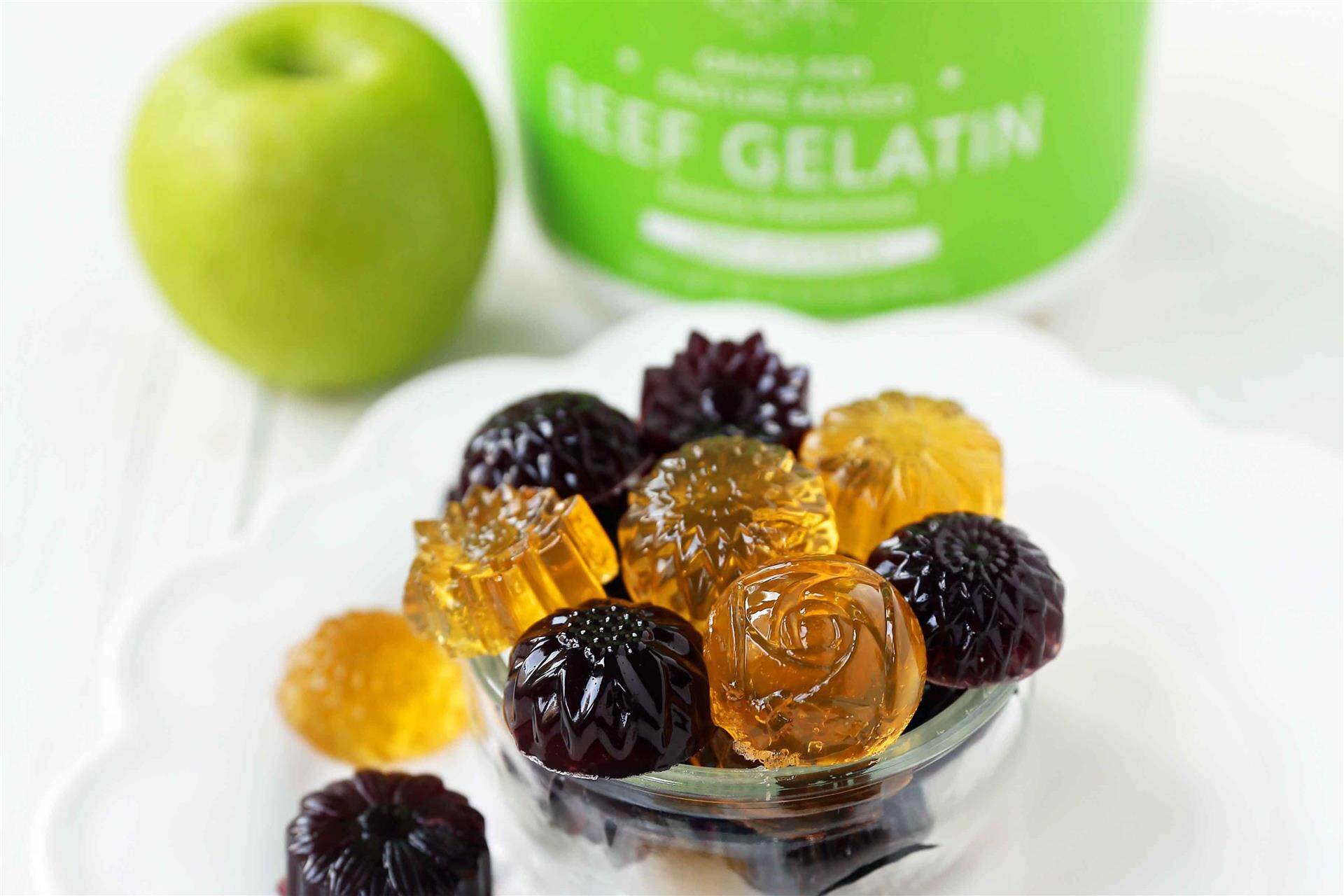
Gelatin gummies are made with gelatin. Gelatin is an ingredient typically from animal collagen. It exists in the bones, skins, or cartilage of pigs or cows. Gelatin can be extracted from boiling these animal parts. Gelatin doesn't look as clear as other gelling agents.
Like pectin, gelatin gives gummies an elastic, chewy texture, but which is a bit harder. However, the unique mouthfeel is enjoyed by many people. Gelatin gummies are the most classic gummies. Because gelatin gummies contain animal-based ingredients, they are not suitable for vegetarians or vegans.
Pectin vs Gelatin Gummies: Textures and Flavors
- Textures:
Since pectin and gelatin come from different sources, they give gummies different textures.
Generally, pectin gummies tend to be softer and smoother. They have a more delicate mouthfeel. These gummies break down more easily when chewed. Though both gummies are chewy, pectin options feel more like a firm jelly.
Compared to pectin gummies, gelatin-based ones have a harder texture. If you hold a gelatin gummy between your fingers, you'll feel it's firmer and more elastic. When chewed, these gummies give a bouncy mouthfeel and often take longer to break down.
- Flavors:
The flavors of pectin and gelatin gummies can be made the same or different as you like.
As we know, pectin is derived from citrus fruits, so it sometimes comes with a faint fruity scent. Gelatin nearly has no odor or taste. However, both gummies can be made to taste sour, sweet, or fruity. You can add specific flavorings to the base mixture depending on your needs.
Pectin vs Gelatin Gummies: Nutritional Contents
Now, let's compare pectin and gelatin gummies in terms of nutritional values. Generally, pectin gummies have more advantages than gelatin ones. Here are some of the common nutrients in these gummies.
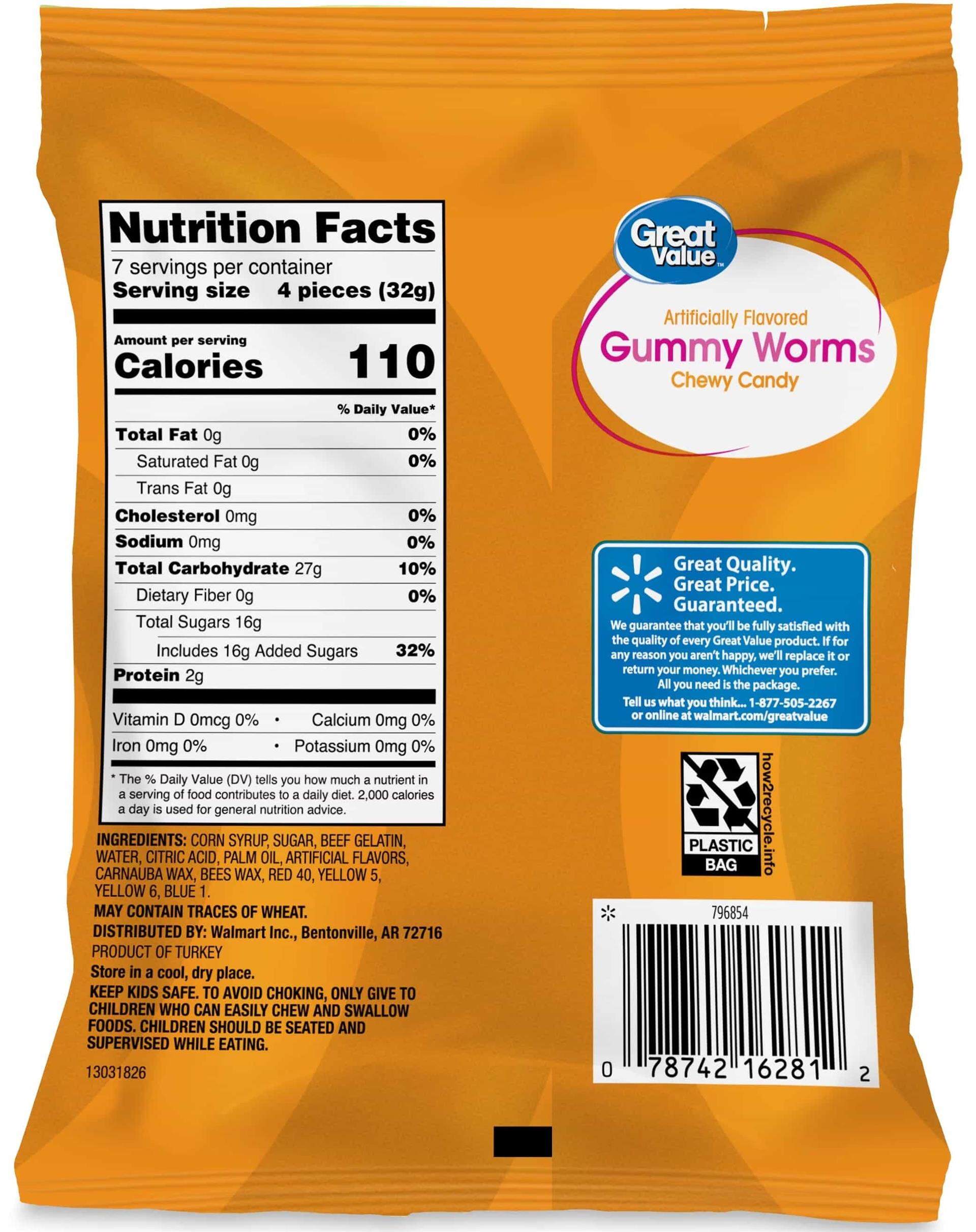
- Sugar Content
Because gelatin is tasteless, gummies made with this ingredient need sugar to deliver sweetness. Plus, achieving a chewy texture requires sweeteners. Pectin itself can provide natural sweetness. So, gelatin gummies often have more sugar than pectin gummies.
- Fiber
Pectin is a kind of fiber. It provides gummies with a rich source of dietary fiber. This is an advantage that most gelatin gummies do not boast.
- Protein
Now it's time for gelatin gummies to take the cake. Gelatin consists of amino acids. These substances build proteins. That is to say, gelatin is a protein-rich ingredient. Gelatin gummies provide a greater amount of proteins than pectin gummies do.
- Vitamins and Minerals
Pectin-based gummies are often packed with a multitude of vitamins and minerals. This is what makes them so useful for maintaining healthy hair, nails, and skin. On the other hand, gelatin gummies may not give you as many nutrients.
Pectin vs Gelatin Gummies: Health Benefits and Side Effects
Both pectin and gelatin gummies have their own benefits. Of course, eating too many gummies can also bring side effects.
|
Type |
Pros (Health Benefits) |
Cons (Potential Side Effects) |
|
Pectin Gummies |
|
|
|
Gelatin Gummies |
|
|
Pectin vs Gelatin Gummies: Shelf Life and Storage
As pectin and gelatin come in different properties, the shelf life and storage requirements for their gummies can differ.
- Shelf Life:
Pectin is a more stable ingredient compared to gelatin. This means pectin gummies generally can be preserved longer than gelatin ones. A lot of gummy brands out there claim that their pectin gummies can stay tasty for up to 2 years if you store them the right way.
Gelatin is more sensitive to humidity and temperature changes than pectin. So, the shelf life of gelatin gummies is much shorter. It typically falls between 6 months and 1 year. And, of course, the premise is they are properly stored.
- Storage:
Gelatin gummies are likely to become soft and sticky or even melt when exposed to heat or moisture. They should be placed in a stable environment. Refrigeration is always a top choice to preserve the mouthfeel, texture, and quality of gelatin gummies.
Even though pectin gummies have a longer shelf life, direct sunlight and moisture can also affect them. Ensure that they are stored in a dry, cool place. Unlike gelatin gummies, pectin ones generally can be stored at room temperature. So, the cupboard or pantry in your kitchen will be good to go.
Pectin vs Gelatin Gummies: Production Processes
The manufacturing process of gummies is pretty similar, no matter the type. The steps usually involve mixing the gelling agent with some sweeteners, flavorings, and other additives before the mixture turns into a chewy product. Also, we have to use the same gummy making machines to produce them.
But there are still differences between them. The key differences are:
- Gelling Agent: Pectin occurs naturally in plants and is derived from fruits; on the other hand, its counterpart, gelatin, is extracted from animal collagen.
- Setting Temperature: Pectin sets at room temperature, while gelatin needs to cool down and set.
- Texture and Stability: Pectin gummies tend to be firmer and are more stable at higher temperatures, while gelatin is softer in texture and can melt when warm.
Final Thoughts
Here's what I think about pectin vs gelatin gummies: each has its own pros and cons. Gelatin gummies are the classic type and make up a big part of the candy market. But pectin gummies, with their plant-based benefits and softer texture, are quickly becoming a new fave for health-conscious folks. If you're focusing on the traditional gelatin gummies, now might be a good time to explore the newer options.
Leave your comment
Also Offers


Containment Automatic Capsule Filling Machine SFK-703

Fully Automatic Dosator Capsule Filling Machine CZ-40

Our Team
As an expert in the pharmaceutical and pharmaceutical packaging industry, iPharMachine has provided solutions for hundreds of pharmaceutical and health product manufacturers for 17 years. By visiting customers, we get good reviews from our customers.
- info@ipharmachine.com
- English Español Deutsche
